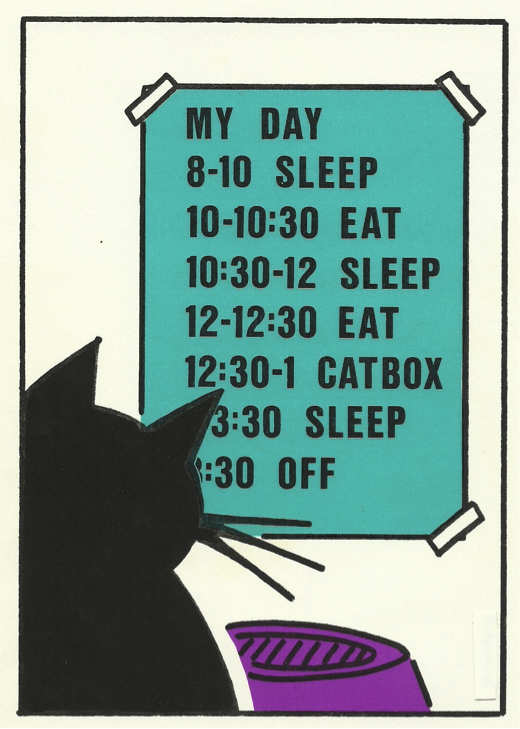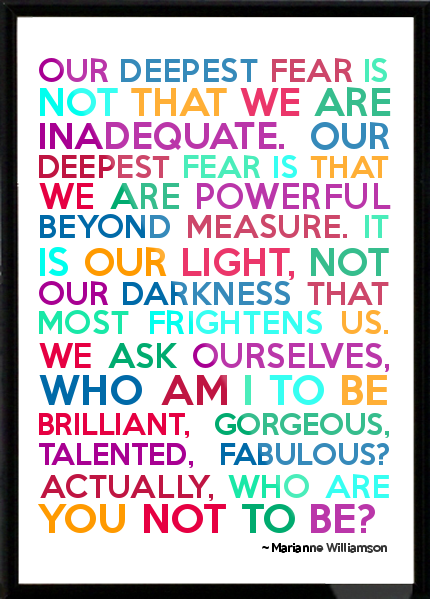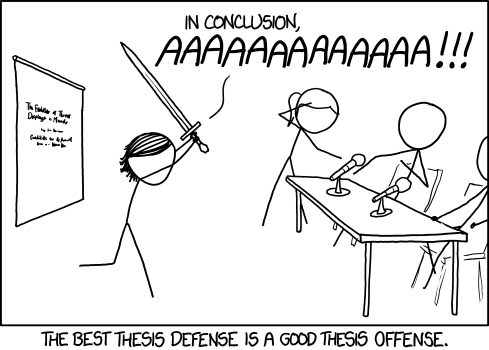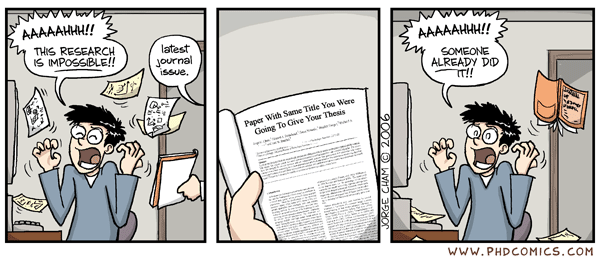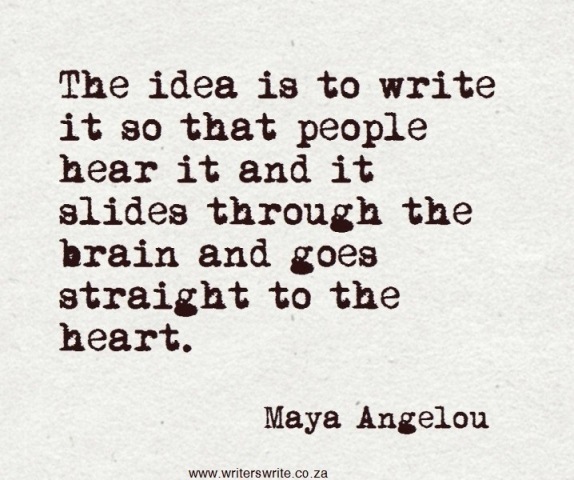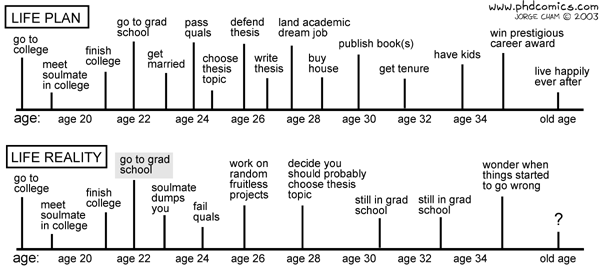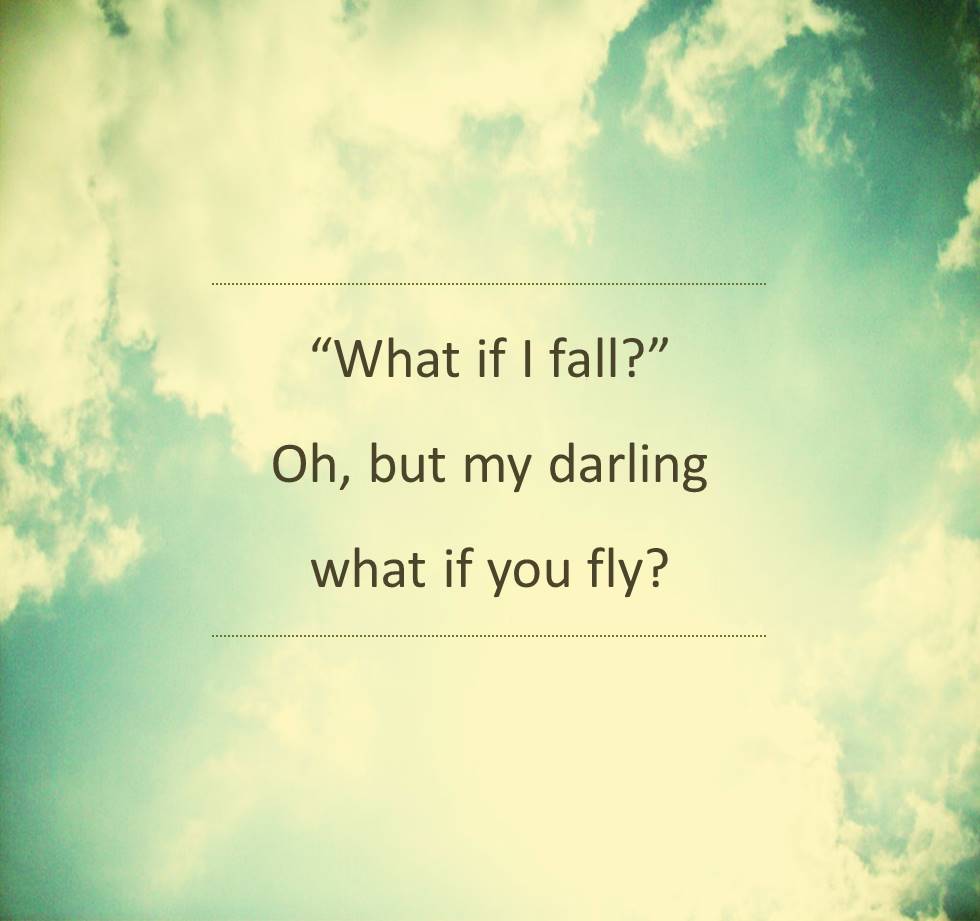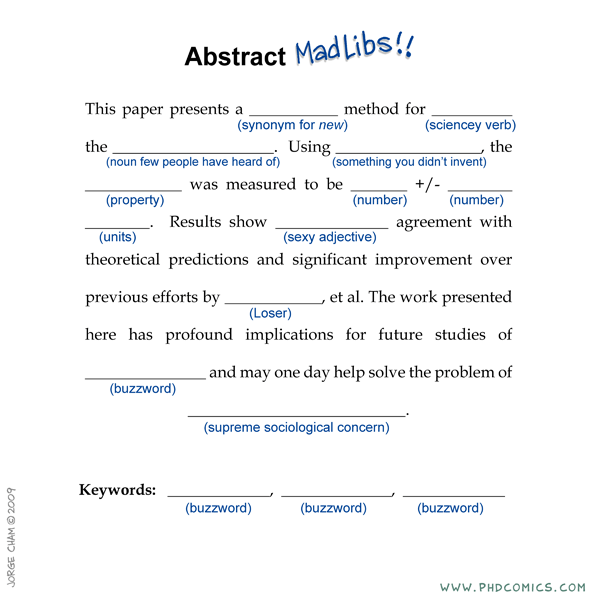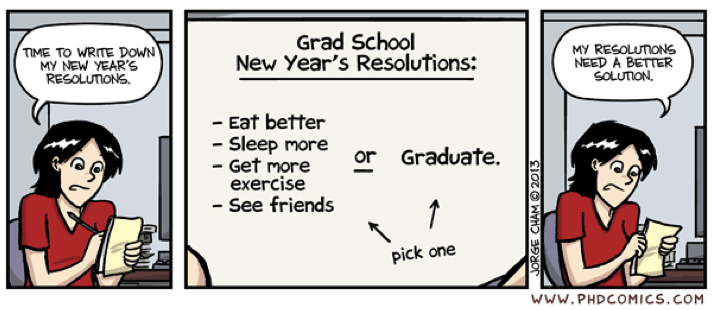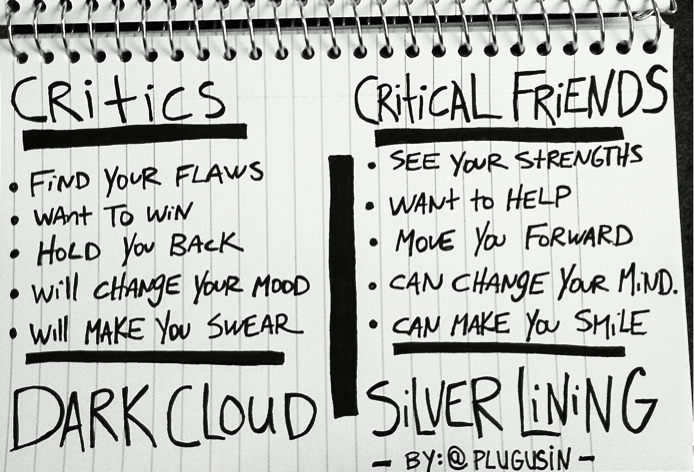When I started my first undergraduate degree at the University of Ottawa, I had just two priorities: school and social life (and maybe not in that exact order).
And then I saw my loan statement from first year… Ouch! I decided that I desperately needed to work more than 10 hours a week to get through my studies without a massive pile of debt. So I got a second “part-time” job doing 8 and 12 hour clerical shifts in an Emergency Department (which quickly turned into a 24 to 36 hour a week commitment). I moved over to Intensive Care two years later, again as a “part-time” staff, where overtime was offered to me frequently… and that I accepted more than I likely should have.
I’m now onto my third degree (the Master’s of Ed), having earned a BA and BEd from the University of Ottawa, and I am still juggling both working and studying full-time.
I’m not exactly sure how I have survived the past six years, even less how I have maintained good academic standing, but here are some tips I might offer to you, fellow graduate student, so that you can be overworked and still have (some) time for yourself!
Get a planner. Or many. I have two planners and a wall-calendar in my kitchen. Being organized is essential!
Colour-code your planner! Each aspect of your life should be designated a colour. I use varying shades of green for my academics, blue for work, orange for social commitments, and red for appointments (although the orange doesn’t get used as much as I’d like). [Check out: http://www.maydesigns.com/ for awesome customizable planners!]
Track your productivity.
Especially in an online program, it is easy to become distracted by the never-ending pit that is the internet. RescueTime is an app that can be installed on your computer to log your productive vs. unproductive time. Settings are customizable, so for example if you are studying popular culture, YouTube can be placed on the “productive websites” list.
Schedule your weekly chores.
Make a date and set a time limit on grocery trips, laundry, vacuuming, etc. I personally love to clean as a form of procrastination because it feels productive! Be mindful of your time in every aspect of your daily routine.
Make use of your mornings!
Wake up an hour earlier than usual, and do a reading or post a response online. [I now work at a Montessori school, and my mind is much more alert before spending 9 hours surrounded by very excited 3 to 5 year olds…]
Set mid-way deadlines for major assignments.
This will (hopefully) help you stay on track and prevent procrastination. Having a critical peer can help with this as well (more on that later).
Give yourself time to unwind every day.
An hour of relaxation before bed has helped me get my mind off of assignments and has helped my sleeping patterns. Have a glass of wine and read a book for fun, play Sudoku, chat with loved ones, or stream a show on Netflix. You can ‘afford’ to do this if you spend an hour doing schoolwork in the morning!
Schedule a 2/3/4 hour block every week for YOU.
No work, no schoolwork, no chores, nothing. Spend time outdoors, hike, knit, paint, sing, do something that makes you happy!
Take this thing one day at a time! It can be overwhelming trying to balance school, work, and life. I don’t pretend for a minute that it is easy, and I commend anyone who is working while studying, at any level. I am very lucky to have my sister as a role model for time-management and work-school-life balance; I haven’t followed every footstep, but rather the general path she has cut through the brush and entangled roots of studying, and we have both succeeded. Find a balance that works for you; make use of your time and planning skills in ways you feel are most beneficial. Everyone will get through the challenges of studying in their own ways, but whatever the case, ask for help! Your significant other, friends, family, professors, peers, colleagues, even bosses can be great allies.
Keep your chin up, plan like mad, and then go with the flow.
This week’s blog post is written by Laura McRae, a first year Master of Education student. We’d like to thank Laura for her excellent contribution to our community and commend her for her ability to juggle a three-course load this term while working full-time.


